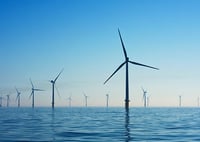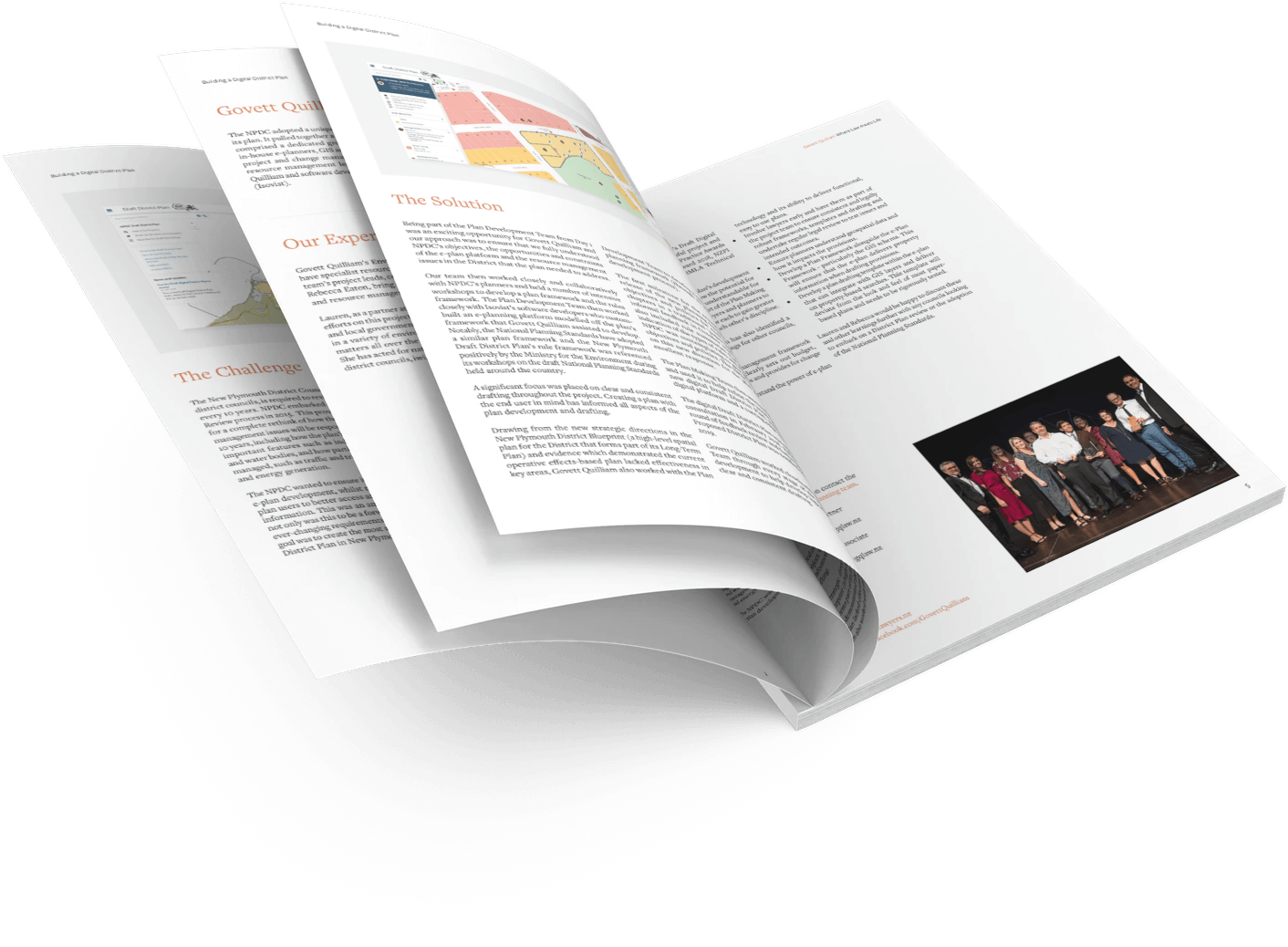On 8 May 2019, the Government introduced the Climate Change Response (Zero Carbon) Amendment Bill ("Zero Carbon Bill") into Parliament to address the long-term challenges of climate change. The Zero Carbon Bill seeks to amend the existing Climate Change Response Act 2002. If passed into law, this new legislation will sit alongside the Emissions Trading Scheme established under the Climate Change Response Act.
The ultimate purpose of the amendments proposed by the Zero Carbon Bill is to enable policies that will contribute to the global effort to limit global warming to no more than 1.5°C above pre-industrial levels, in accordance with the Paris Agreement.
The Zero Carbon Bill establishes the Climate Change Commission ("Commission") which will be an independent body reporting to the Minister for the Environment with the primary purpose of providing the government with independent and expert advice on mitigating, monitoring and adapting to the effects of climate change. The Commission will monitor and review successive governments' progress towards emissions reduction and adaption goals.
2050 targets
The Zero Carbon Bill sets the following targets:
- the reduction of net greenhouse gas emissions in a calendar year (other than biogenic methane)1 to net zero by 2050; and
- the reduction of gross emissions of biogenic methane in a calendar year:
- to 10% below 2017 levels by January 1st, 2030; and
- to 24-47% below 2017 levels by January 1st, 2050.
Emissions budgets
The above targets will be enforced by the use of emission budgets that will cover a five year period (apart from the first four year period), setting out the total emissions that will be permitted for the relevant period. The first emissions budgets will be set and notified on 31 December 2021 taking effect at the beginning of 2022. The emissions budgets will allow greater predictability for affected parties, including business and investors, by giving advance information on the emissions reductions and removals that will be required.
Borrowing from a subsequent budget period is limited to up to 1%, however if the total emissions in an emissions budget period is lower than the emissions budget for that period, the excess reduction may be carried forward to the next budget period. Any banking or borrowing of emissions must be made with regard to the advice of the Commission.
Adaptation
The Zero Carbon Bill also requires the government to prepare a National Climate Change Risk Assessment every six years to identify and assess the risks to New Zealand's economy, society, environment and ecology from the current and future effects of climate change. In response to each National Climate Change Risk Assessment, the government is to prepare a National Adaption Plan setting out the objectives for adapting to the effects of climate change and the strategies, policies and proposals for meeting those objectives. Both of these tools are to be made publicly available in accordance with the provisions of the Zero Carbon Bill.
These proposed changes will have a far-reaching impact on the Taranaki region. The Environment and Planning Team at Govett Quilliam are specialist advisors and understand the implications of this proposed legislation. If you wish to discuss the Zero Carbon Bill and its potential impact on you or your business, please contact Lauren Wallace or Rebecca Eaton.
1Biogenic methane emissions include natural methane emissions from livestock.






.png)

